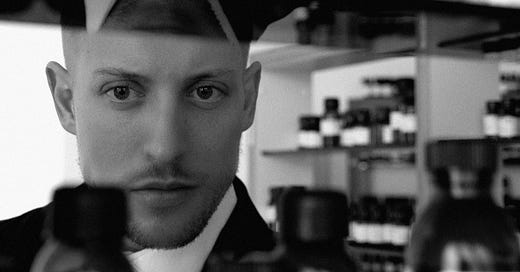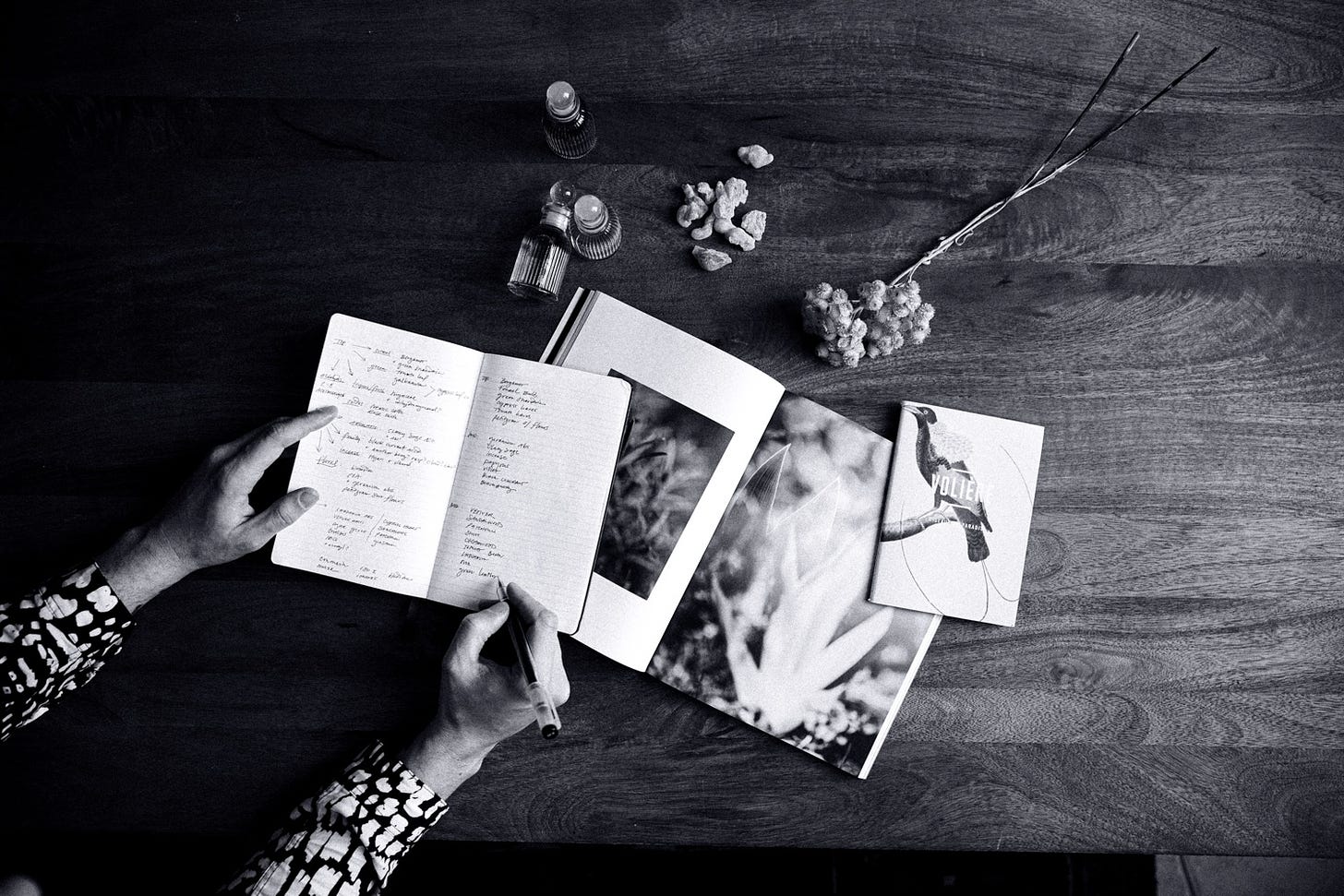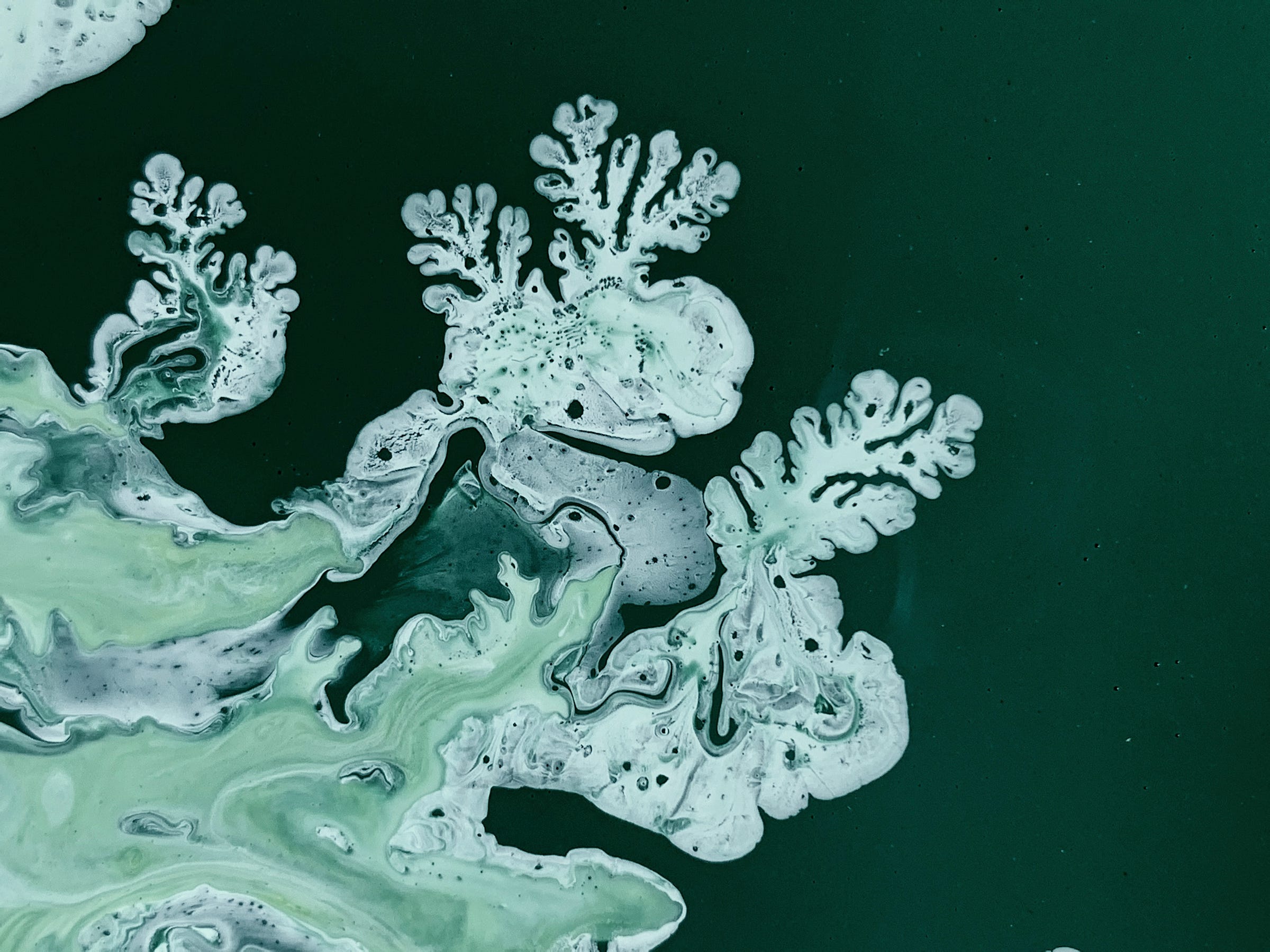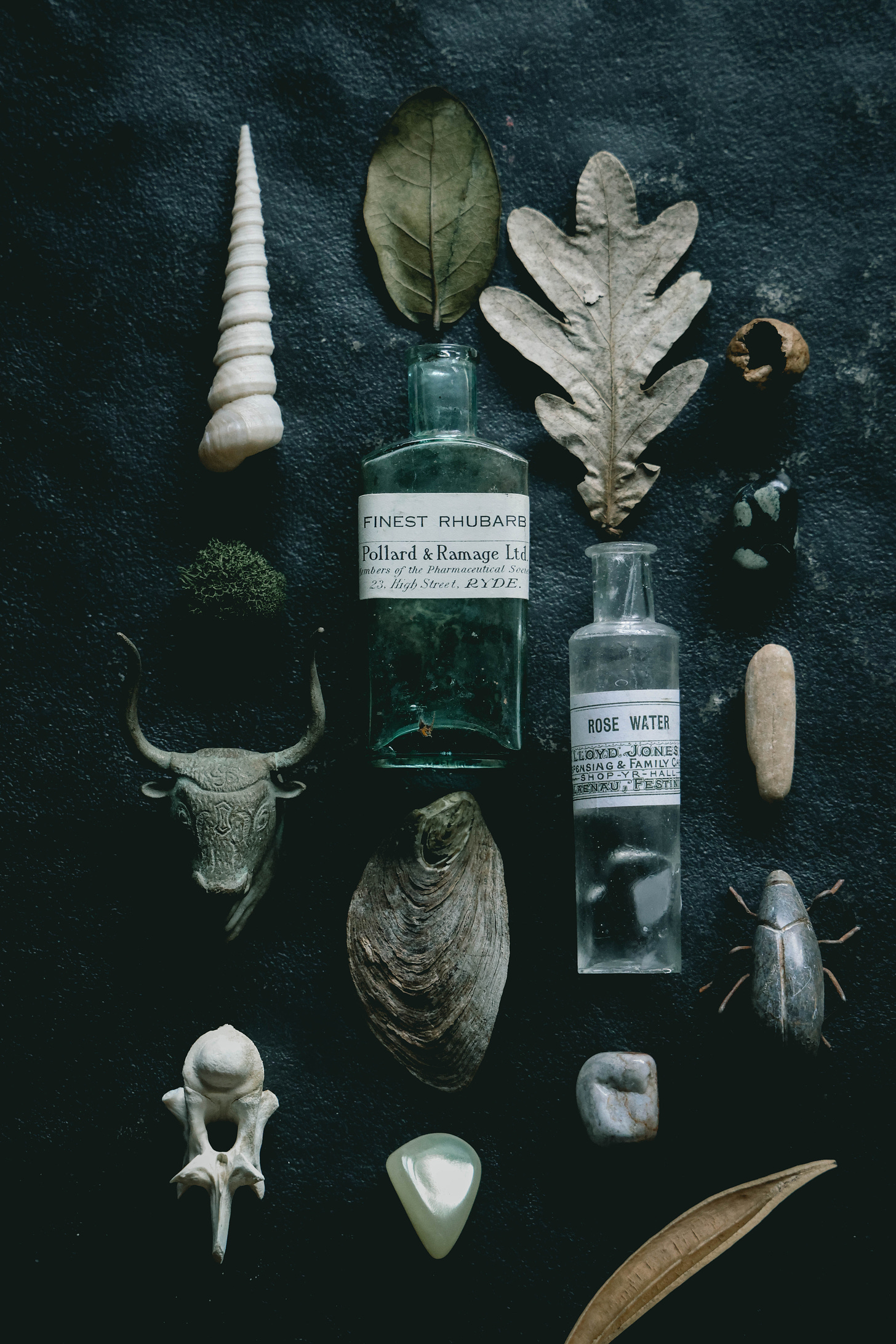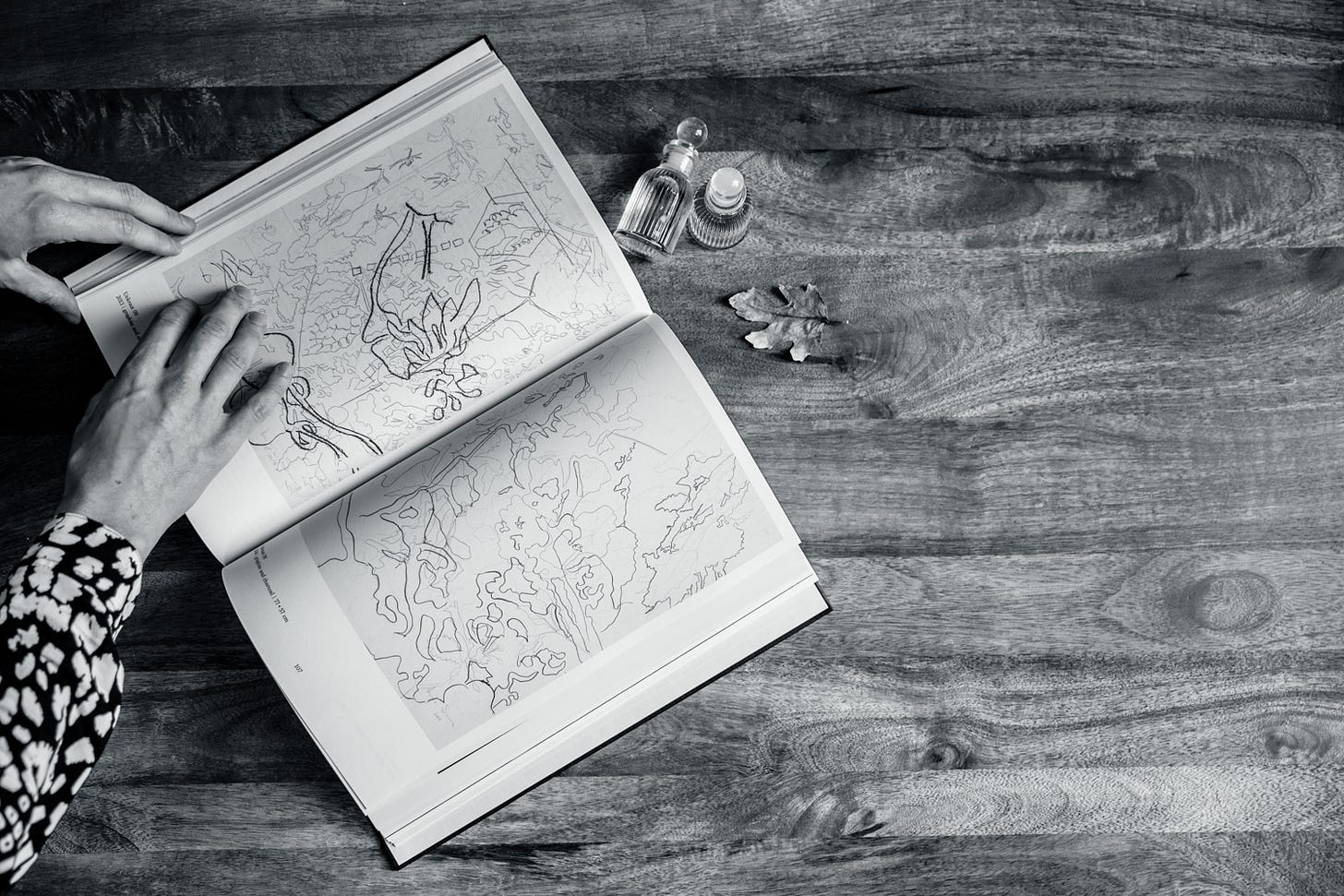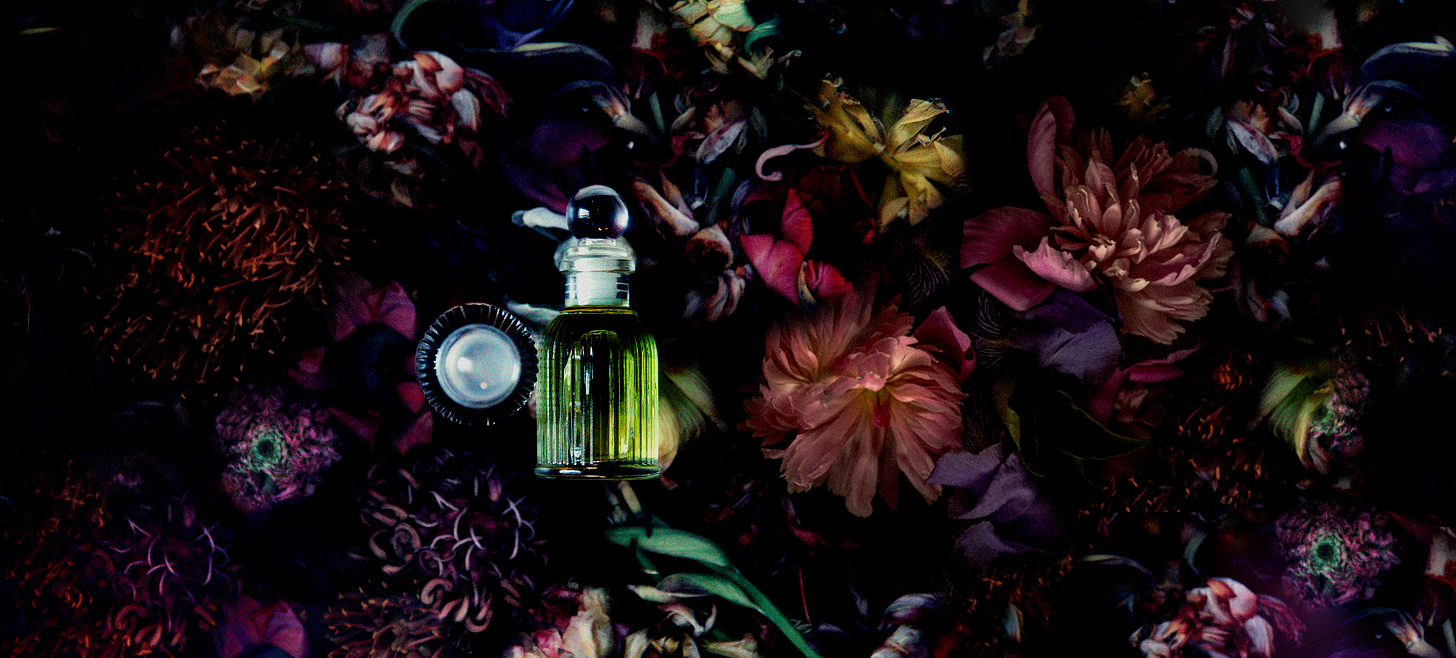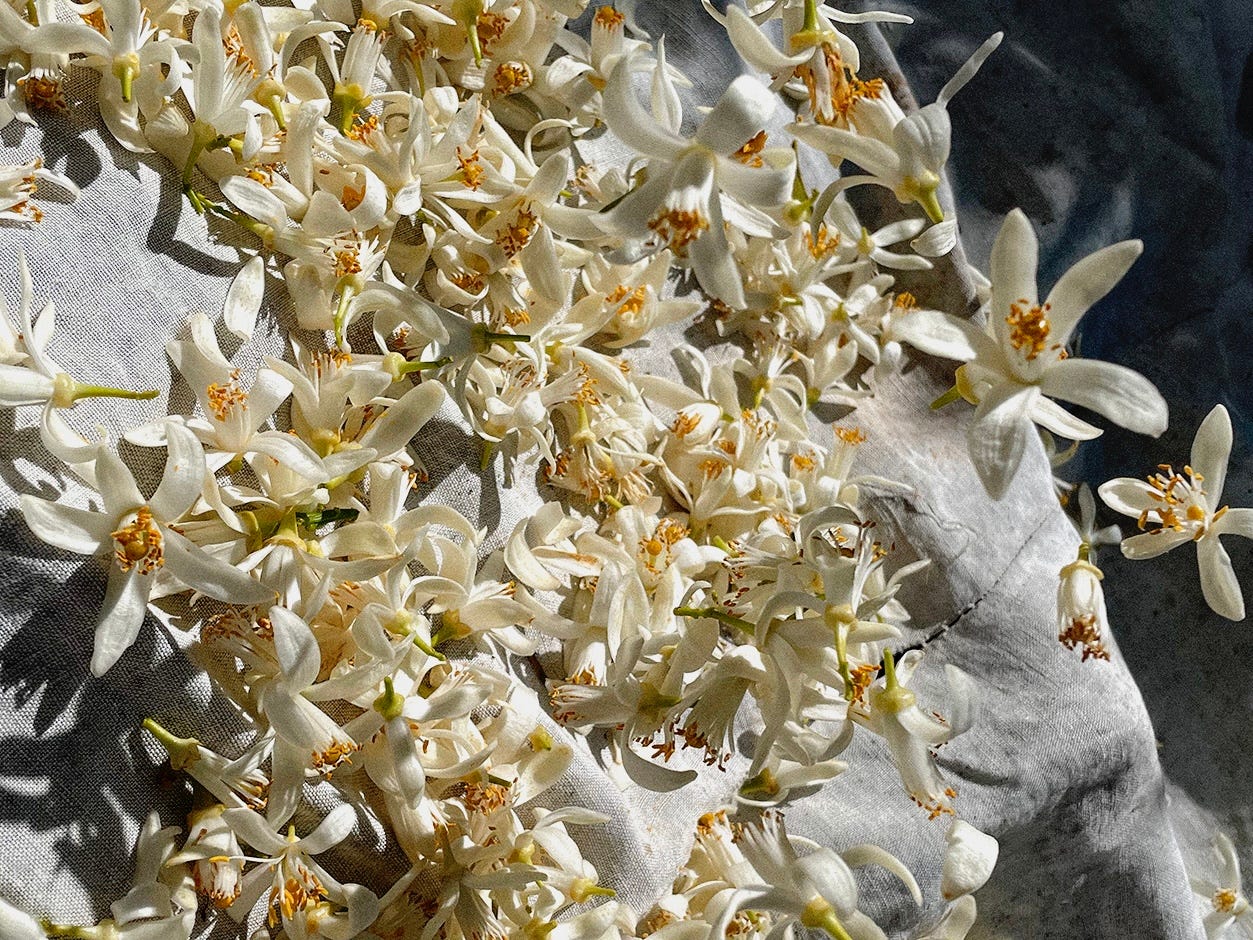Hello Everyone!
This week, for the first time, we are excited to bring "Scentsational Minds" to our newsletter. Previously featured exclusively on Instagram, our fifth episode introduces our new guest, Michael Nordstrand.
“Scentsational Minds” is a series of interviews and reports showcasing innovative and experimental approaches to perfumery, featuring the views of professionals who are breaking new ground in the industry.
#5 Bridging botanic knowledge and myth with Michael Nordstrand
Michael Nordstrand is an independent perfumer, teacher and multidisciplinary artist based in the New York Metro Area. He holds degrees and certifications in Perfume Creation from Givaudan, ISIPCA, and The Grasse Institute of Perfumery as well as a certification in Medicinal Plants from Cornell University, where his focus was on aromatic plants popularised during the Middle Ages.
A self-described 'method perfumer', Michael always endeavours to inhabit the world of the client's brief, to fully understand the project and explore it from new angles. His unique approach to fragrance is informed by boundless curiosity and a love of history, science & the arts.
In addition to his work for numerous brands in fragrance creation, Michael is a passionate educator and has developed courses of study in partnership with The Institute for Art and Olfaction and The Metropolitan Museum of Art in New York, among others. He is represented by The Grace Agency in Paris.
To discover more about Michael and his work, you can visit his website, Mythologist Studio.
Your content and work seem deeply influenced by art and beauty in the broadest sense (I love your 'Look' stories!). Could you share more about your relationship with beauty and figurative art? How does this influence your approach to scent creation? You often emphasise sight and smell - do you also integrate other senses into the development of a new fragrance?
I have synesthesia, so I’m almost always multivalent in my sensory experiences. Instagram began as a primarily visual medium and for me—someone with limited time to create ‘content’—the way I use the app has persisted in being largely visual.
Regarding figurative art, for me it’s just one type of beauty, albeit with countless access points of inspiration. Jean Carles, the perfumer who gave a methodology to the study and classification of raw materials, mentioned in his seminal work that a perfumer who ‘dislikes’ a raw material is essentially at a disadvantage; I’m paraphrasing but I think in terms of beauty it’s the same. I try to experience beauty wherever I can find it, and I’m still frequently surprised by how (and where) it turns up.
I gave a talk and workshop just the other day at the Metropolitan Museum of Art and I found myself repeating what is quickly becoming a mantra for me: perfumery is about the art of noticing. Smell is a sense many neglect, and I often find that even the more ‘dominant’ senses for some have devolved into mere utility.
Sure, your eyes help you navigate the world but why stop there? Take a moment. Look closer. The world is an extraordinary place and my collective experiences in it are sort of embroidered onto the fabric of who I am as an artist, regardless of the medium. Fragrance creation in my practise is a kind of world building, and I want to imbue each scent I create with nuance and emotion.
The scene in Blade Runner 2049, when Joe first meets Dr. Ana Stelline — who is a memory designer — resonated deeply with me. I remember leaving the movie thinking ‘her job is way cooler than mine’, but I can see a lot of overlap, too.
Your workshops often delve into historical and mythological narratives, such as those inspired by the Unicorn Tapestries and Midsummer traditions. How do these cultural narratives influence your approach to creating fragrances?
I was always an escapist and dreamer from a young age. A lot of folks age out of this to varying degrees, but I never lost a lot of that child-like sense of wonder about the world. My Scandinavian heritage has played a role, too, I guess. I have many nostalgic feelings about folkloric traditions and fairytales passed down through my maternal line, so I was predisposed maybe to finding appeal in the works of Lord Dunsany, Tolkien, and Ursula K. LeGuin.
Through them I realised I wasn’t the only one with a wild imagination, and my ability to identify with those authors and their characters early on led me naturally into discovering all types of world mythologies. I noticed occasionally that stories from different traditions overlapped, tapping into some root of our collective imaginations, which led me to comparative mythology: Joseph Campbell of course, but also more obscure works like Aldous Huxley’s Perennial Philosophy which still occupies a place of honour in my library today.
All this is to say that my brand is called Mythologist for a very good reason, and when I look outward seeking potential collaborators, I sometimes naturally gravitate toward organisations and brands that have some kind of parallel to this interest (though by no means exclusively).
I’ve read you have a certification in medicinal plants popularised in the Middle Ages from Cornell University. Where did this interest come from?
My mother is an avid horticulturist and inspired my love of plants, and my attraction to the biological sciences must be genetic because I don’t remember a time when I wasn’t fascinated with them. The more I learned and understood about perfumery, the more I also learned about plant biology, in tandem. I felt the pull to delve deeper into human histories with plants and their uses beyond the context of fragrance, so Cornell’s program felt like another natural evolution to my education. They allowed some latitude within the program, and I was most intrigued by the late Middle Ages and the century or so that followed, the early Renaissance. (Again, escapism!)
That period saw a lot of revival of ancient information that had languished in obscurity as well as a renewed interest in how or why things worked. The English language actually had a large influx of Latin, Greek and other linguistic borrowings related to various fields of scientific enquiry during that time, many of which we still use today. I love discovering all those intertwined bits of history.
Our Alchemical Herbalism theme taps into a growing cultural interest in natural remedies and mystical narratives. How do you foresee this trend shaping the future of perfumery? Are there particular elements that have gained popularity due to this cultural shift in your opinion?
There is something inherently alchemical about perfumery, so to me it makes sense that there is a perennial return to this thematic component in the market. Trends usually reflect a sort of global collective consciousness, and consumers have had multiple large-scale developments to process in the past few years: the height of the COVID pandemic saw meditative and healing themes in perfume, with personal rituals and perfume billed as self-care rather than luxury. Parts of the EU Green Deal also posed a threat to the perfume industry, and its parallel development alongside the growing interest in and research into the linkage between scent and wellness will continue to drive many sectors of the market going forward, I think. Too, climate crisis, consumer safety concerns, and the general stress of a ‘new normal’, with many people returning to in-person work, has produced a significant contingent of consumers who need an escape. For many, the shape those ‘escapes’ have taken is rooted in the transformative and healing power of nature.
Something I’ve pointed out anecdotally in the creative development courses I teach is the growing amount of the colour green the past few years in the perfume market: green juice, green bottles, green packaging. Ten years ago if you tried to propose green as a hero colour for a product the marketing team would laugh you out of the room and cite the numerous discontinued green products and their poor market performance as evidence. I’m glad to see some green out there!
Lastly, we highlighted the importance of educating consumers about botanicals and their historical significance in our newsletter. How do you incorporate botanical knowledge into your workshops and educational initiatives? What role do you believe education plays in encouraging a deeper appreciation for fragrance?
I think in every case what I try to do is contextualise botanical science with practical examples that relate to perfumery, and this is often easiest to do using our palette of raw materials and their provenance.
In the case of natural extracts: who grows them? How are they harvested and extracted? What, chemically, makes the plants interesting from our olfactory point of view? Then, how can we use that knowledge to be better perfumers?
As plants produce and use chemicals for defense, metabolism, reproduction, and communication, the perfumer’s use of those chemical compounds or their derivatives simply for their scent is an interesting consideration and inspires (I hope) a deeper appreciation of perfumery.
We hope you enjoyed learning more about Michael’s incredibly fascinating background and approach - I certainly did!
Be sure to follow us on Instagram and subscribe so you don’t miss any updates. Feel free to share our content with anyone who might appreciate it. :)
Thank you for your support, and happy reading!
Costanza Sofia
Nunotes’ Founder


